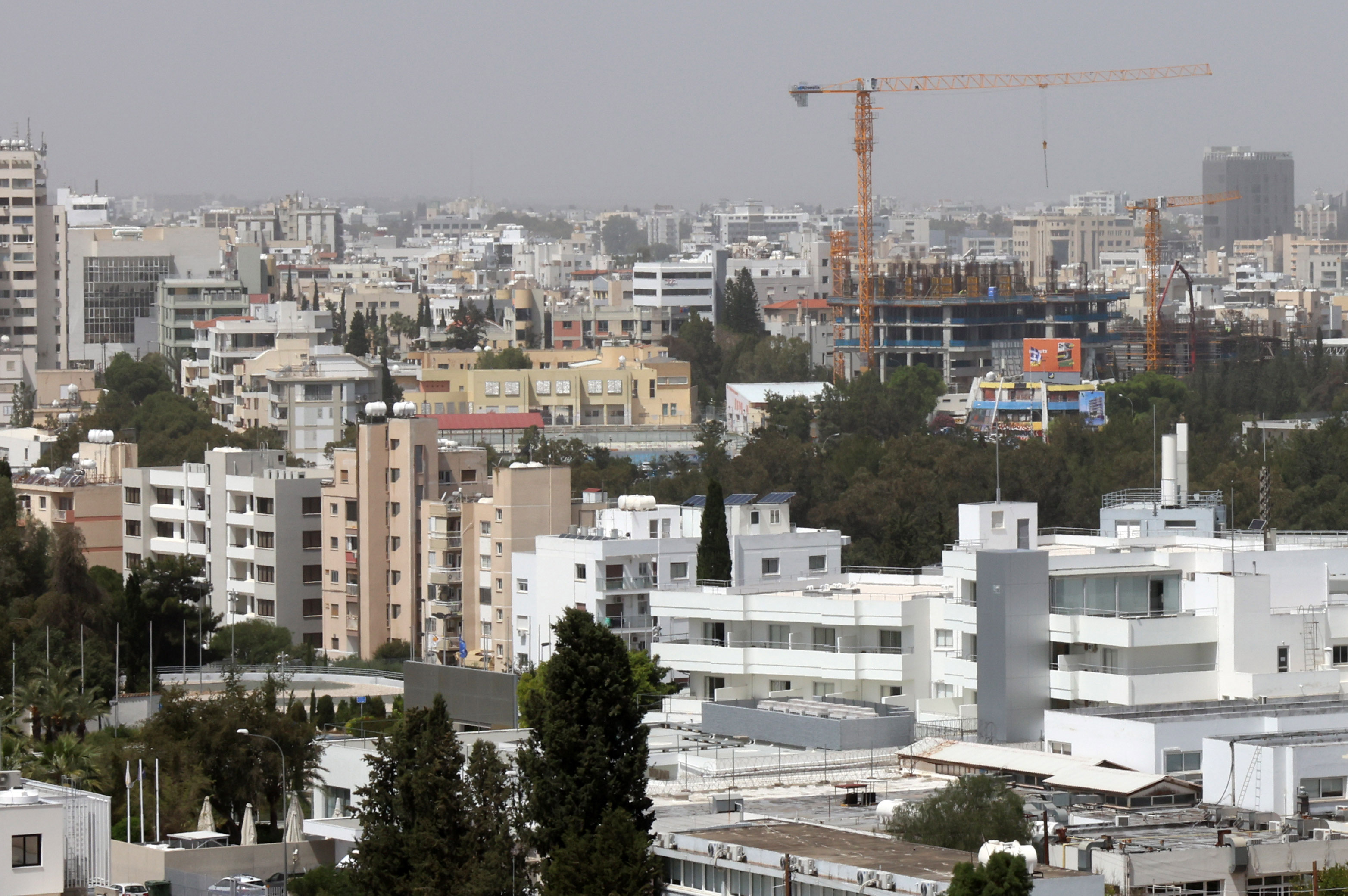Interior Minister Constantinos Ioannou said the government is pressing ahead with “major reforms aimed at modernising and simplifying procedures and the way basic services operate that affect citizens’ daily lives”, as the ministry prepares a broad redesign of the Department of Lands and Surveys (DLS) for 2026.
Speaking to Politis, he added that “one of our main goals is the rational and sustainable management of real estate through the redesign of the procedures of the DLS”.
He also mentioned that all measures fall under the government’s effort to build “flexible and modern mechanisms” that deliver faster and more effective service to citizens.
According to information provided to Politis, the reform package touches almost every aspect of land administration, from transfer fees and digital applications to co-owned properties, right-of-way requests and the management of state land.
Officials say the changes aim to reduce bureaucracy, increase transparency and ease long-standing bottlenecks across the system.
A central proposal concerns the way transfer fees are calculated. At present, the land registry determines market value through comparative sales, a method that often diverges from the declared price and regularly leads to disputes.
The amendment under preparation would instead allow fees to be calculated on the declared price, in line with taxation department standards.
Although certain transactions, such as consideration or exchanges, would still require valuations, the DLS would retain the right to impose a market assessment if a declared price is shown to be false.
Ministry officials argue the shift will make the system clearer and more transparent, pointing out that banks already monitor the source of funds and lender-driven sales are public.
Data provided show that buyers would have earlier certainty on costs, and objections and appeals would fall sharply.
Digitalisation forms another major strand of the reforms. Around 150 forms used by the Land Registry are being redesigned and gradually uploaded to the department’s online portal.
Each will be accompanied by a completion guide, while templates for frequently needed documents, including powers of attorney and inheritance certificates, are due online in 2026.
According to the Ministry, electronic submission is expected to shorten waiting times, cut costs and ease the administrative burden on both citizens and staff, while improving the department’s overall reliability.
The overhaul also addresses the longstanding problem of co-owned indivisible properties, where regulations dating back to 1994 have left 866 cases pending.
A new framework published in May 2025 introduces a single auction venue, revised payment terms and higher auctioneer fees, but further steps are being assessed.
These include assigning valuations to private professionals and activating electronic auctions in cases of limited interest.
The DLS has already consulted the Association of Cyprus Banks on potentially joining the private auction platform and is drafting the legal framework needed for cooperation.
Right-of-way applications, known as “passage” requests, remain another area of heavy backlog. Approximately 1,700 cases are pending, half of which involve development zones.
Outsourcing part of the work had been examined but ultimately ruled out after the legal service confirmed that decisions must remain with the department’s director to ensure impartiality.
The DLS has begun identifying cases that no longer require action and is reviewing notification procedures with the legal service, aiming to simplify steps that are currently time-consuming and complex.
Specialised teams will be created in 2026 to deal exclusively with access requests, enabling faster processing and supporting real-estate development.
A parallel legislative project concerns state land, where the Ministry plans to introduce clearer criteria, stricter oversight and, potentially, open bidding competitions for leases.
The new framework will include penalties for breaches of lease terms and a revised rent-adjustment mechanism.
According to officials, the goal is to modernise the management of public land, ensure transparency and prevent the granting of state property at disproportionately low rates.






Click here to change your cookie preferences